We are excited that we can see you again
Your health and safety are especially important to us.
It has been a worrying time for all. The two major concerns for us have been:
Making sure all our patients are healthy dentally so the hospital system wasn't burdened by dental issues
Making sure that we constantly update our knowledge and procedures at work. Remember that this is as relevant to us and our families, as it is to you and your families. Keeping us safe is keeping you safe.
Dentist are very well placed to understand and respond to the changing information on COVID-19. We don't take your health and safety lightly. The dental profession has always been trained in infection issues from a university level and our Dental Assistant training focuses, nearly exclusively, on this area of safety for patients.
The things we would really like you to do at this time are:
Keep yourself mentally and dentally well. Come in for your checkup. Stay in touch with family and friends. Don't ever feel you cant ask us or others for advise or help.
Wash, wash, wash your hands. Use soap and water at home. It is the lathering up for 15 seconds with the soap that helps 'knock out' the virus. Try not to touch your face, glasses or hair when you are out.
Cancel if you feel at all unwell with anything. Stay at home and get tested. COVID-19 is a funny creature. A weird array of symptoms associated with it can include very mild cold systems, headaches, stomach issues including mild diarrhea. While most people are getting a mild dose of COVID-19 it can be very severe and it is very contagious.
Social distancing - physical distancing. Even with easing of restrictions the virus is still around so practice distancing - even, or especially, with those you love!
What we have always done as far as infection Control at the Dental Practice
What does Infection Control mean?
This is the term used to describe the practical system we have in place to make sure there isn't any transfer of disease
causing bugs from one person to another. Our quality systems are largely behind the scenes.
Infection control procedures include: -
wearing gloves, masks, eye protection and being immunized.
Sterilization
Environmental cleaning
Staff training and monitor processes are in place using the latest web technology
As technologies and information has changed dentists have remained in the forefront of developments in this area. Infection Control involves more than cleanliness. In dentistry today Infection Control involves
sterilising all re-useable instruments
disposing single use materials
"barrier" techniques
All these things are designed to stop bacteria and viruses from passing from one patient to another.
How do we sterilise?
The most common steriliser used in dentistry is called an autoclave. Autoclaves place instruments under so much hot steam and pressure that all bacteria and viruses are killed.
Before placing instruments in a steriliser they are cleaned and rinsed to heighten the effectiveness of the autoclave.
Plastic wrapping (or what we never reuse)
The environment is important to us
Your health and safety are important to us
Where possible we use equipment that we can reuse with the safety. Somethings must be single use but we are committed to combining both your safety and our concerns for the environment.
Want to know more?
We are happy to discuss any aspect of our infection control procedure with you.

